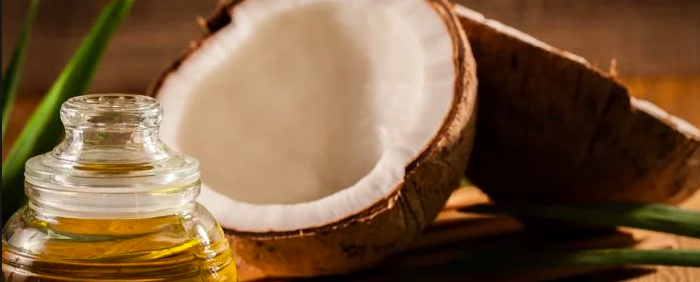
Acai berries, goji berries, coconut oil, maca and chia seeds make the headlines because of their beneficial effects on health. But are they really all they believe? Here’s what you need to know.
1. Acai berries
These purplish berries from South America are presented as a miracle solution to lose weight. “They’re supposed to be a supplement for detoxification, cholesterol lowering and the risk of cardiovascular disease and cancer, but these claims are not justified,” says Edie Shaw-Ewald of Nova Scotia’s Nutrition Coach.
Acai is rich in antioxidants.That’s why food companies add it to everything from cereal drinks. But beware! Studies have shown that antioxidants degrade quickly once the berries are picked. Instead of sourcing these berries, choose other antioxidant-rich foods such as Concord grapes, blackberries, and blueberries. They are more readily available in Canada and less expensive. Shaw-Ewald adds that, in general, when headline foods such as acai are mixed in highly processed products, they may contain a lot of fat, sugar and salt. “It will probably offset the positive effects of any new food from Peru or Malaysia.”
2. Goji berries
Goji berries, long consumed in China and now sold in North America in natural and juice, are supposed to improve well-being, slow down aging and prevent cancer. “It’s become very popular with marketing strategies,” says Shaw-Ewald, noting that there is little evidence to support advertisers’ claims. One study, published in the Journal of Complementary and Alternative Medicine, said that goji juice lovers have more energy, better concentration, a feeling of well-being and better digestion.However, these amateurs were only 16, and the study only lasted two weeks. An article in Planta Medica, a journal on medicinal plants, found that wolfberry deserves extensive research, but quality control procedures must first be established. Meanwhile, the Boston-based Mayo Clinic advises against buying goji juice as a cure for cancer or any other disease.
In the end, eat goji berries if you like them, but do not expect a magic effect on your health.
3. Maca
This supplement is derived from the root of the maca plant, grown at high altitude in Peru. It would improve sexual function in both sexes , but “little testing has taken place and more research is needed,” says Shaw-Ewald. “Clinical trials have shown that it can improve mood, energy levels, sexual desire and sperm production, but researchers do not know why.”
Some retailers also promote some of the virtues of maca such as fast recovery after physical exertion as well as support of the adrenal gland.
Some women consume maca to relieve the symptoms of menopause , adds Shaw-Ewald, who is intrigued by the plant and wants to further research. “Everything that offers natural benefits to middle-aged men and women deserves to be studied.”
4. Chia seeds
Chia seeds are known to lower blood pressure, improve cardiovascular health and help lose weight.
A study, conducted at St. Michael’s Hospital in Toronto, found that they helped control blood sugar. “It’s probably because of their fiber content, which slows glucose uptake after a meal,” says Shaw-Ewald. The hospital also found that chia seeds can reduce the risk of cardiovascular disease.
More studies are needed, says Shaw-Ewald. “Chia seeds are high in fiber and protein, it’s a healthy food. But do not take large portions since they have a high calorie content; just add a small amount every day. ”
5. Coconut oil
“Coconut oil is very controversial. In general, we should reduce our intake of saturated fat, which increases “bad” cholesterol while coconut oil is saturated fat , “explains Shaw-Ewald. “You must also be careful; you could see coconut oil on a list of ingredients without it being virgin, which is of better quality and has an anti-inflammatory effect. ”
Should you use coconut oil? It all depends on the oil replaced. “Do you use coconut oil to replace extra-virgin olive oil, which has been proven to be a better health oil or shortening, which has a lot of trans fat?” Says Shaw- Ewald. She also recommends avoiding processed and partially hydrogenated coconut oil used in snack foods as they contain trans fats. Instead, use a virgin coconut oil, very little processed.